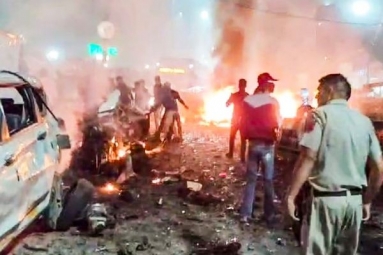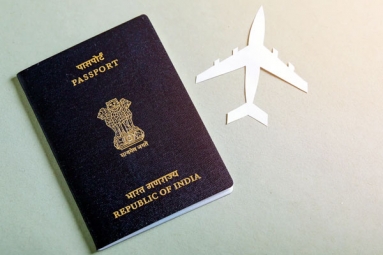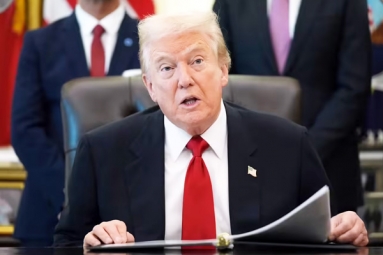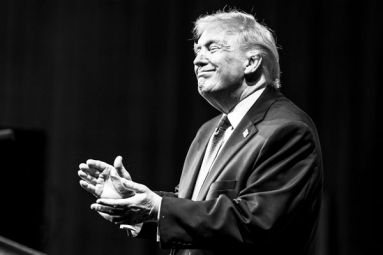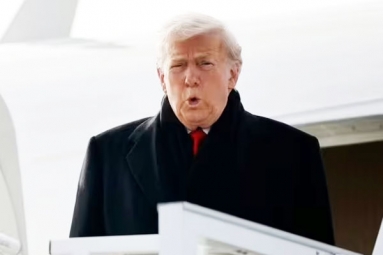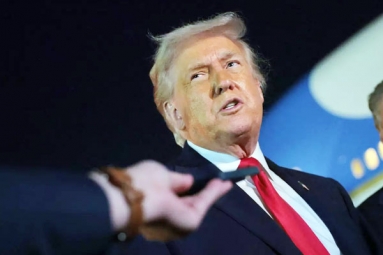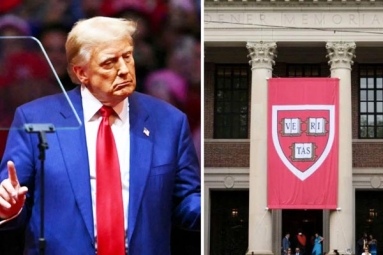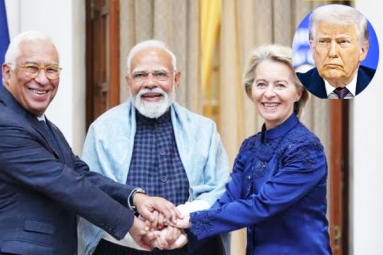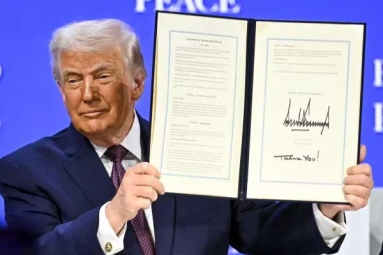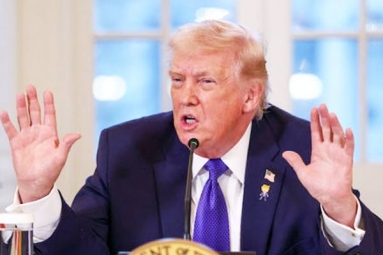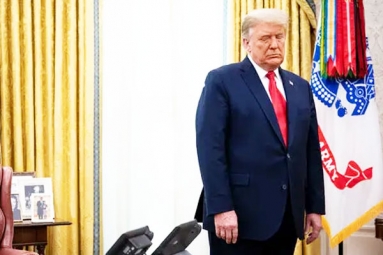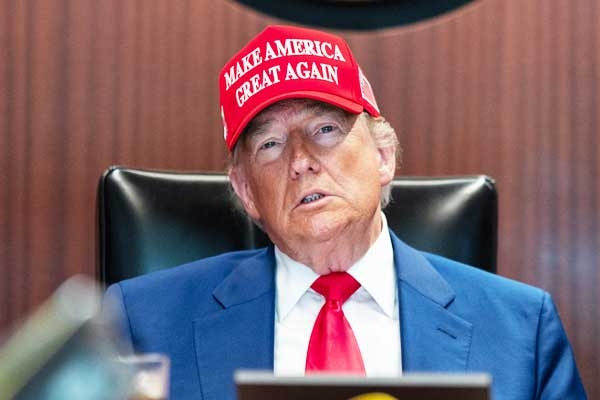
(Image source from: x.com/WhiteHouse)
On Tuesday, US President Donald Trump announced that the agreement for a ceasefire between Israel and Iran "is now in effect." He cautioned both nations, longstanding foes in the Middle East, against breaching the peace arrangement, especially following recent missile launches from Iran targeting Israeli land.
"The CEASEFIRE IS NOW IN EFFECT. PLEASE DO NOT VIOLATE IT," Trump stated in a message shared on his Truth Social platform. Previously, he had called for a complete halt to hostilities to conclude a 12-day conflict, outlining that the ceasefire would be enacted in phases over 24 hours, beginning at approximately 0400 GMT on Tuesday. He indicated that Iran would initiate a cessation of hostilities before Israel would follow after a 12-hour interval. Reports from Iranian state media confirmed that the ceasefire took effect after five missile onslaughts on territories held by Israel, resulting in the deaths of at least seven individuals in southern regions. However, just prior to the ceasefire coming into force, Iran's semi-official SNN news agency claimed that Tehran had fired its final missile volley.
With the missile attacks ceasing, the Israeli military announced that civilians were now free to leave areas close to shelters. "After evaluating the situation, the Home Front Command has declared that the obligation to stay near protected spaces across the nation has been lifted," the military communicated in a statement. Trump's declaration of the truce followed closely after Iran's missile strikes on an American military installation in Qatar, which he criticized as a "weak" response to US airstrikes conducted over the weekend targeting Iranian nuclear sites.
A senior official from the White House informed Reuters that Trump facilitated the ceasefire during a conversation with Israeli Prime Minister Benjamin Netanyahu, with Israel agreeing to the terms as long as Iran refrained from further assaults. Iran corroborated its acceptance of the ceasefire; however, the nation’s foreign minister noted that there would be no halt to hostilities unless Israeli attacks ceased. Since Israel initiated a significant military campaign on June 13, Iran and Israel have engaged in successive waves of air strikes. Last weekend, Israel, supported by the United States, has launched attacks on Iran's nuclear sites, alleging that Tehran is nearing the capability to develop a nuclear weapon. Iran has consistently denied pursuing a nuclear weapons program, although Supreme Leader Ali Khamenei has asserted that if they chose to, global leaders "wouldn't be able to stop us."



